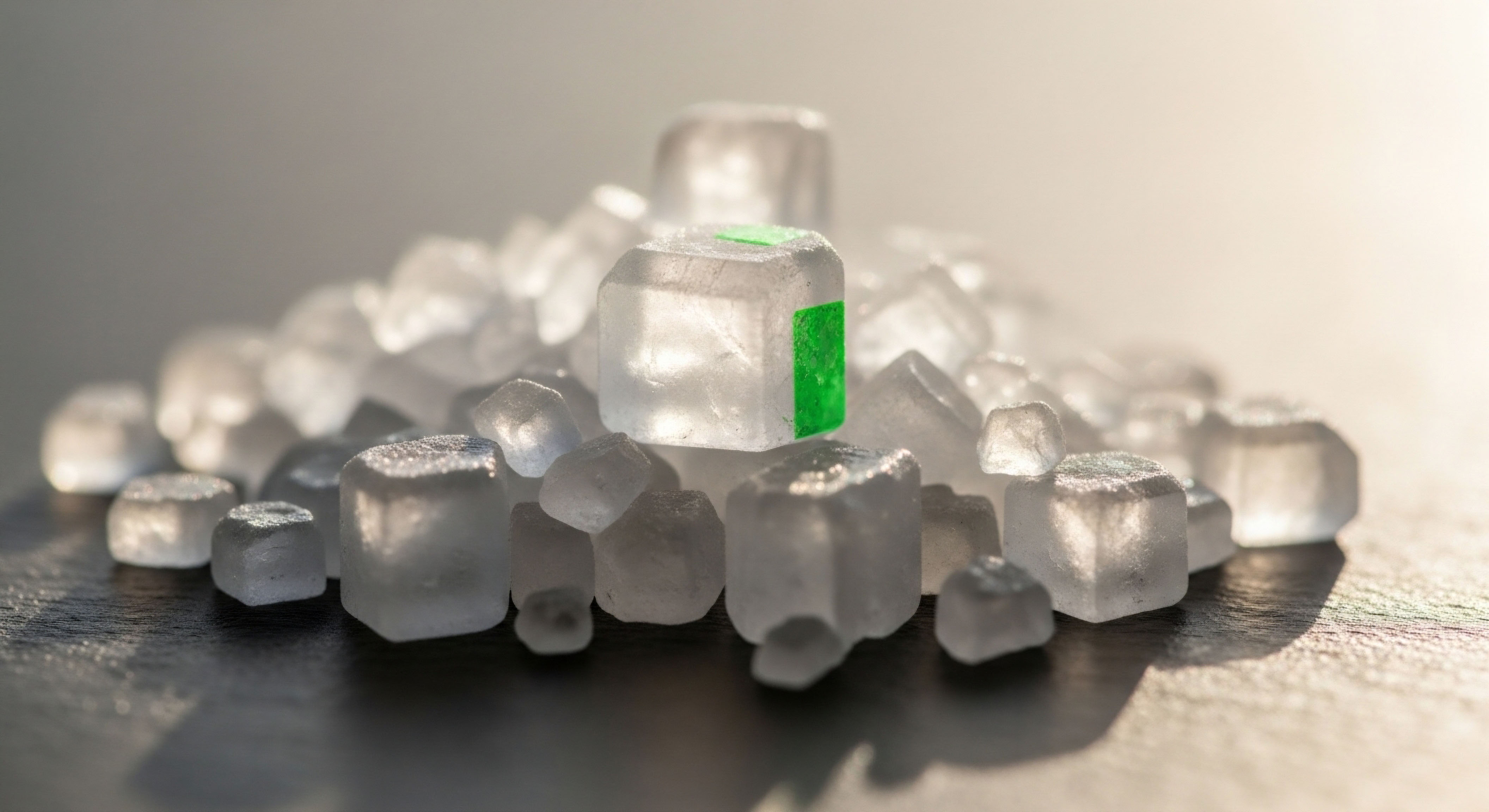How Do Impurities in Online Peptides Affect Long-Term Physiological Health?

Peptide impurities introduce molecular chaos, risking immune reactions and undermining the precise biological signaling essential for long-term health.
HRTioAugust 2, 2025


